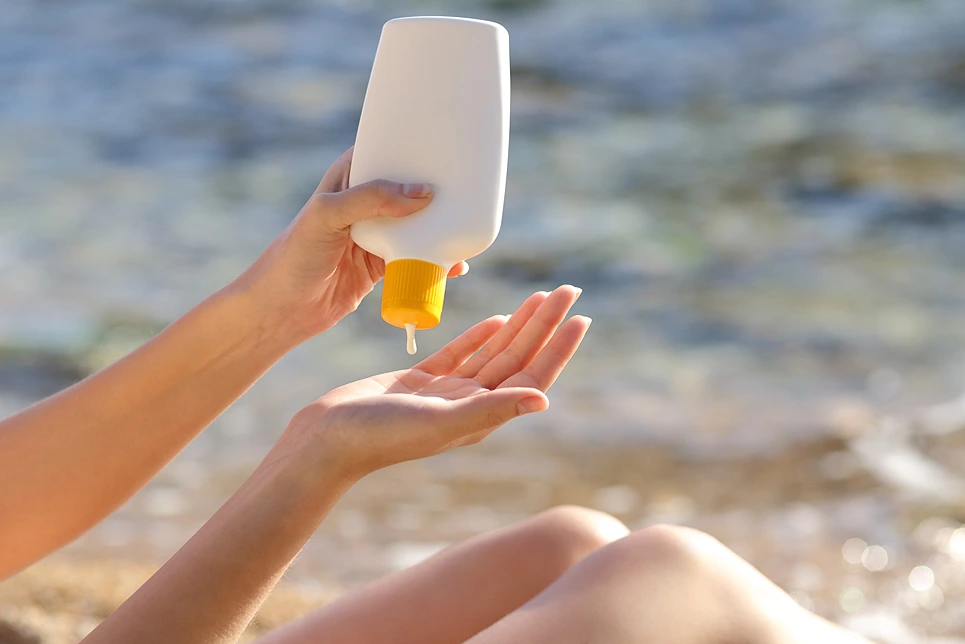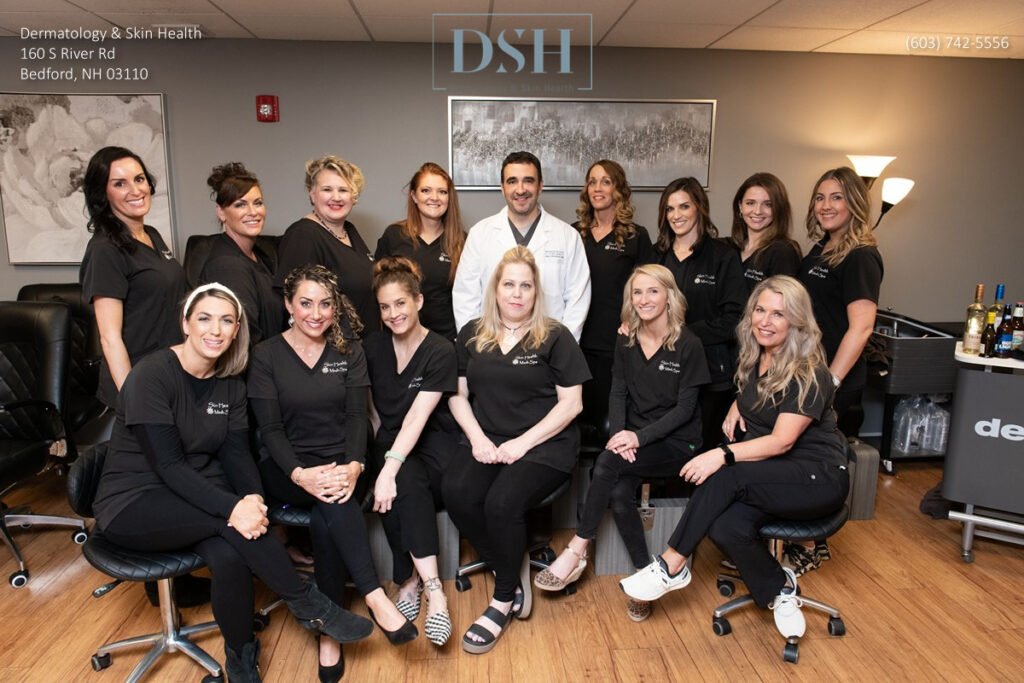

We've all heard the golden rule of sun protection: reapply sunscreen every 2 hours. But have you ever wondered why it doesn't last longer? After all, we can go about our daily activities without constantly reapplying lotion or makeup, so what's different about sunscreen?
In this article, we'll delve into the science behind sunscreen and explore the factors that determine its efficacy in shielding our skin from harmful UV rays.
Sunscreen is a crucial component of any comprehensive skincare routine because it protects against both UVA and UVB radiation – two types of ultraviolet light that not only cause painful sunburns but also contribute to premature aging and increase the risk of developing skin cancer.
However, despite its importance, many people don't understand how it works or why they need to apply it so frequently. To maximize your sun protection and keep your skin healthy, let's examine the reasons behind the 2-hour guideline for reapplication.
Ultraviolet (UV) radiation is a type of electromagnetic radiation emitted by the sun, and it plays a crucial role in our daily lives.
It is responsible for causing suntans, sunburns, skin aging, and even skin cancer. The intensity of UV rays can vary depending on several factors such as altitude, time of day, season, and geographical location.
To combat the harmful effects of UV radiation on our skin, sunscreen products are formulated to provide effective radiation protection.
Sunscreen works by absorbing or reflecting the damaging ultraviolet rays before they penetrate the skin's surface.
However, due to factors like sweating, swimming, or simply having an active lifestyle that causes friction against your skin while outdoors - these protective qualities can wear off over time.
Certain chemical ingredients within sunscreen may break down when exposed to sunlight or air; thus reducing their effectiveness at providing adequate protection from UV intensity after a couple of hours.
This makes reapplication every two hours essential for maintaining optimal defense against harmful ultraviolet radiation during prolonged exposure to the sun.
Understanding the factors that contribute to the limited duration of sunscreen efficacy requires an examination of its ingredients and their specific roles.
The primary purpose of these ingredients is to provide protection from harmful ultraviolet (UV) radiation by either reflecting, absorbing, or scattering it. This process involves a complex interaction between organic and inorganic compounds such as zinc oxide, titanium dioxide, avobenzone, octinoxate, and oxybenzone.
Over time, ingredient breakdown occurs due to exposure to sunlight and other environmental stressors. Moreover, absorption rates play a crucial role in determining how long sunscreens can maintain their effectiveness on the skin's surface.
As these protective agents are applied topically, they gradually undergo degradation through various pathways including photodegradation and chemical reactions with external elements like sweat or water. Additionally, natural processes such as perspiration and sebum production may disrupt the even distribution of sunscreen on your skin over time.
Consequently, reapplication every two hours becomes essential for ensuring continued UV protection throughout prolonged periods of sun exposure.
Imagine slathering on a fresh layer of sunscreen, ready to conquer the sunny outdoors, only to find out that its protective shield might not be as foolproof as you thought. A plethora of factors can impact the efficacy of your favorite sun protection product, and understanding these variables is crucial for ensuring optimal skin defense against harmful UV rays.
Sunscreen types play a significant role in determining how long their effects last on our skin. Physical sunscreens create a barrier reflecting UV radiation away from the surface, while chemical ones absorb these damaging rays before they penetrate deep into your dermis.
However, regardless of the type chosen, several external and internal influences affect how well it will perform – this includes perspiration, water exposure, incorrect application techniques or amounts used, inadequate reapplication intervals recommended by manufacturers or professional dermatologists alike.
As such an essential component to maintaining healthy skin throughout one's lifetime - investing time now could save countless hours spent repairing damage later down line when considering various efficacy factors associated with using appropriate products correctly!

Taking into account the factors affecting sunscreen efficacy, it becomes crucial to ensure proper application techniques for maximum sun protection.
In this section, we will discuss some valuable tips and reapplication reminders that can help maintain optimal skin health while enjoying outdoor activities.
To begin with, always apply a generous amount of broad-spectrum sunscreen with at least SPF 30 on all exposed skin areas for about 15-20 minutes before stepping out in the sun. This allows ample time for the product to set and form an effective barrier against UVA and UVB rays.
Pay attention to easily overlooked spots such as ears, neck, back of hands, top of feet, and hairline—ensuring even coverage is essential to prevent uneven tan lines or potential burns.
For individuals with skin sensitivity issues or allergies related to certain ingredients in sunscreens, consider patch-testing products on a small area first or seeking dermatologist advice on suitable alternatives.
Remember that no matter how high the SPF rating may be, consistent reapplication every two hours (or immediately after swimming or heavy sweating) remains vital for maintaining adequate sun defense throughout the day.

In conclusion, it's essential to recognize the critical role sunscreen plays in protecting our skin from harmful ultraviolet radiation. However, we must also be aware of its limitations and factors that can affect its efficacy.
As a result, always remember to apply your sunscreen properly and consistently every two hours when outdoors or swimming.
By doing so, you'll ensure that your skin remains protected against sun damage, premature aging, and potential health risks associated with prolonged UV exposure.
If your desired appointment type or preferred provider is unavailable online, kindly call (978) 525-0100 for Peabody, MA and (603) 742-5556 for all New Hampshire locations. Alternatively please feel free to send us your request via the patient portal, or via email at info@dermskinhealth.com
*For medical dermatology appointments in MA please dial (978) 525-0100 or fill out the appointment request form above.